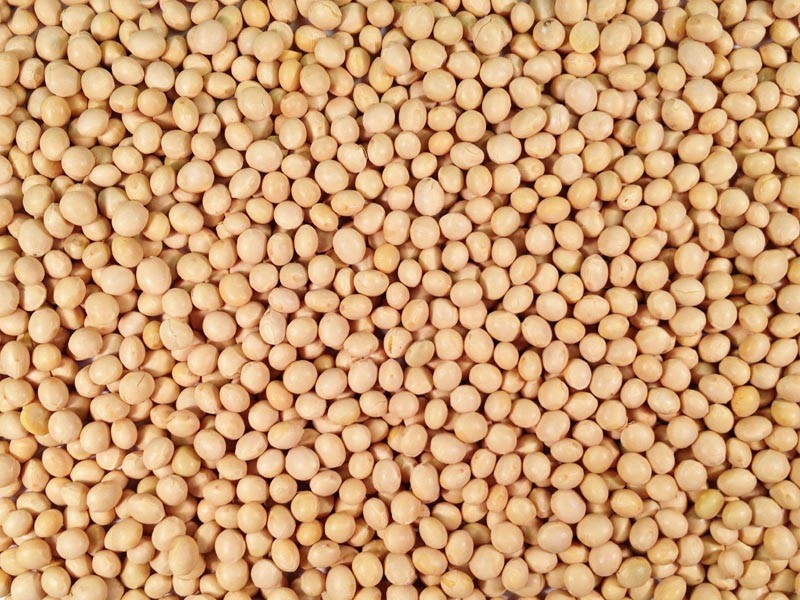GOVERNMENT has done the right thing by ordering the Food Reserve Agency (FRA) to start buying soya beans from small-scale farmers throughout the country.
The sudden u-turn should be welcome news to those farmers who invested heavily in growing soya beans in response to the government’s policy of diversification.
Government’s initial decision not to buy soya beans from farmers was received with shock from all stakeholders across the country.
The government’s contention was that the FRA would only buy maize to beef up the strategic food reserves.
For soya beans farmers, Government consigned them to the private sector, arguing that soya beans did not qualify to be treated as a strategic crop.
It failed to appreciate the farmers’ plight that the private sector could not be trusted to offer them a realistic price for them to recoup the production costs.
We are glad that Agriculture Minister, Reuben Mtolo Phiri, announcing the change in policy said Government had taken into consideration the production costs that small-scale farmers had suffered and would therefore buy the crop.
Mr Phiri announced on Friday that Government has instructed the FRA to buy soya beans from small-scale farmer’s country wide.
He made the announcement when he officiated at the launch of the FRA 2023 crop marketing season.
Friday’s announcement meant that FRA would have to reverse its earlier decision in which it had announced that it was not going to buy soya beans.
We are sure that the government’s change of heart will ease some of the strain that soya bean farmers have been going through as they contemplated what to do with their “unwanted” crop.
It is quite clear that had the government not rescinded its decision not to buy soya beans from farmers, it would have been a huge financial loss for the growers.
The FRA, for all its shortcomings, should be the buyer of last resort for any crop. Moreover, its price for crops acts as a benchmark on the market.
A perfect example of its huge influence on the market is in the ongoing marketing season which has seen the private sector offering more than K300 for a 50kg bag of maize as opposed to the K280 being offered by the FRA.
Thus, we are confident that even soya bean farmers will be able to make a realistic return on their investment.
FRA board chairperson Kelvin Hambwezya has disclosed that after several consultative meetings, the agency had decided to buy 100, 000 metric tonnes of soya beans countrywide.
Mr Hambwezya said the FRA would buy one kilogram of soya beans at K6 which would translate to a buying price of K300 per 50kg bag of the crop and K6, 000 per metric ton.
The advantage of FRA’s involvement in the market is that farmers will not be left to the predatory behaviour of the private sector which often wants to exploit the hapless farmers by offering unrealistic prices.
Another positive is that the small-scale farmers who responded to the calls for diversification will not abandon growing soya beans but will continue to do so.
Government does not need such uncertainties in the agricultural sector and it needs to win the confidence of players in the sector with well thought out policies.
SOYA BEANS U-TURN









